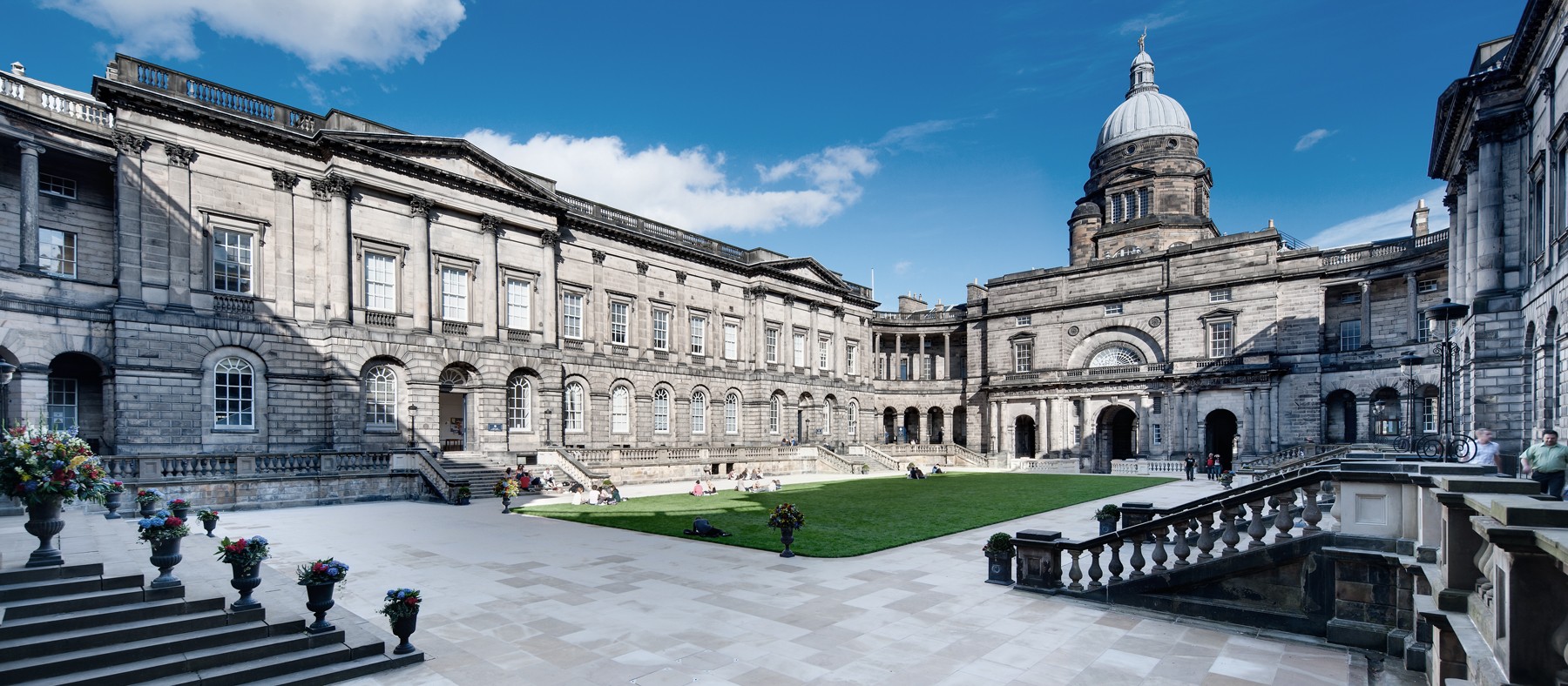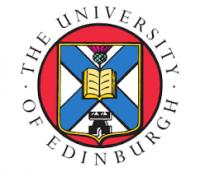Doctor of Dental Surgery DDS
The Doctor of Dental Surgery is a research based qualification that can be taken either full time or part time.
The programme is aimed at those in the dental profession who wish to develop high level research skills by pursuing original research in the field of study, relating particular research to the general body of knowledge in the field, and presenting the results of the researches in a critical and scholarly way.
Edinburgh Dental Institute (EDI) works in partnership with two major organisations to deliver high quality education, research and patient care.
The activities of EDI are as a result of strong cooperation and collaboration between the University of Edinburgh, NHS Lothian, NHS Education for Scotland and the Royal College of Surgeons of Edinburgh.
Intakes
- Jan
- Sep
Application Processing Time in Days: 30
Minimum English Language Requirements
| English Level Description | IELTS (1.0 -9.0) | TOEFL IBT (0-120) | TOEFL CBT (0-300) | PTE (10-90) | |
|---|---|---|---|---|---|
| Expert | 9 | 120 | 297-300 | 86-90 | |
| Very Good | 8.5 | 115-119 | 280-293 | 83-86 | |
| Very Good | 8 | 110-114 | 270-280 | 79-83 | |
| Good | 7.5 | 102-109 | 253-267 | 73-79 | |
| Good | 7 | 94-101 | 240-253 | 65-73 | |
| Competent | 6.5 | 79-93 | 213-233 | 58-65 | |
| Competent | 6 | 60-78 | 170-210 | 50-58 | |
| Modest | 5.5 | 46-59 | 133-210 | 43-50 | |
| Modest | 5 | 35-45 | 107-133 | 36-43 | |
| Limited | 4 | 32-34 | 97-103 | 30-36 | |
| Extremely Limited | < 4 | < 31 | < 93 | < 30 |
PSW Opportunity
- 2 years
Admission Requirement / Eligibility Criteria
A UK 2:1 honours degree, or its international equivalent, and a qualification that can be registered with either the General Dental Council or the General Medical Council. You should also have at least two years' experience in scientific work bearing directly on your profession, or be in the practice of dentistry or other related disciplines.
You should be employed by the University of Edinburgh or the NHS, or be a research worker employed, self-financed or grant-funded at the University of Edinburgh, an associated institution or an NHS establishment.
You must undertake your research in Borders, Fife or Lothian Health Boards.
Minimum academic requirements
For entry to the Ph.D. program, applicants must meet the following minimum academic qualifications.
A postgraduate master's degree from an accredited institution in the UK or overseas showing evidence of above-average academic achievement. This includes:
a degree classification with a mark of 65% or more overall (University of Edinburgh level, or overseas equivalent)
normally a masters dissertation at the distinction level (University of Edinburgh level, or overseas equivalent) in accounting, finance, or related disciplines
Degrees in quantitative disciplines (e.g. economics or mathematics) or business studies will be considered if you can demonstrate a strong background in accounting and finance throughout your degree.
Applications may be accepted from those still currently studying for a master's degree; however, any offer will be conditional on the successful completion of the degree at the required standard.
Applicants with significant industry experience in the accounting sector, or with relevant professional qualifications will be given due consideration on a case-by-case basis. However, these applicants must also have a minimum of a Bachelor’s degree in accounting or a related discipline.
English language tests
We accept the following English language qualifications at the grades specified:
- IELTS (International English Language Testing System): total 7.0 (at least 6.0 in each module)
- TOEFL-iBT (including Special Home Edition): total 100 (at least 20 in each module). We do not accept TOEFL MyBest Score to meet our English language requirements.
- CAE and CPE: total 185 (at least 169 in each module)
- Trinity ISE: ISE III with a pass in all four components
Your English language qualification must be no more than three and a half years old from the start date of the programme you are applying to study, unless you are using IELTS, TOEFL or Trinity ISE, in which case it must be no more than two years old.
- Course Type: Full Time
- Course Level: Doctoral Degree/PhD
- Duration: 02 Year
-
Total Tuition Fee:
80600 GBP
Annual Cost of Living: 9207 GBP
Application Fee: N/A
Similar Programs
- Wind and Marine Energy Systems and Structures PhD with Integrated Study at The University of Edinburgh
- UKRI Centre for Doctoral Training in Natural Language Processing PhD with Integrated Study at The University of Edinburgh
- Translational Neuroscience PhD at The University of Edinburgh
- Surgery PhD at The University of Edinburgh
- Stem Cell Research PhD at The University of Edinburgh
- Statistics PhD at The University of Edinburgh

